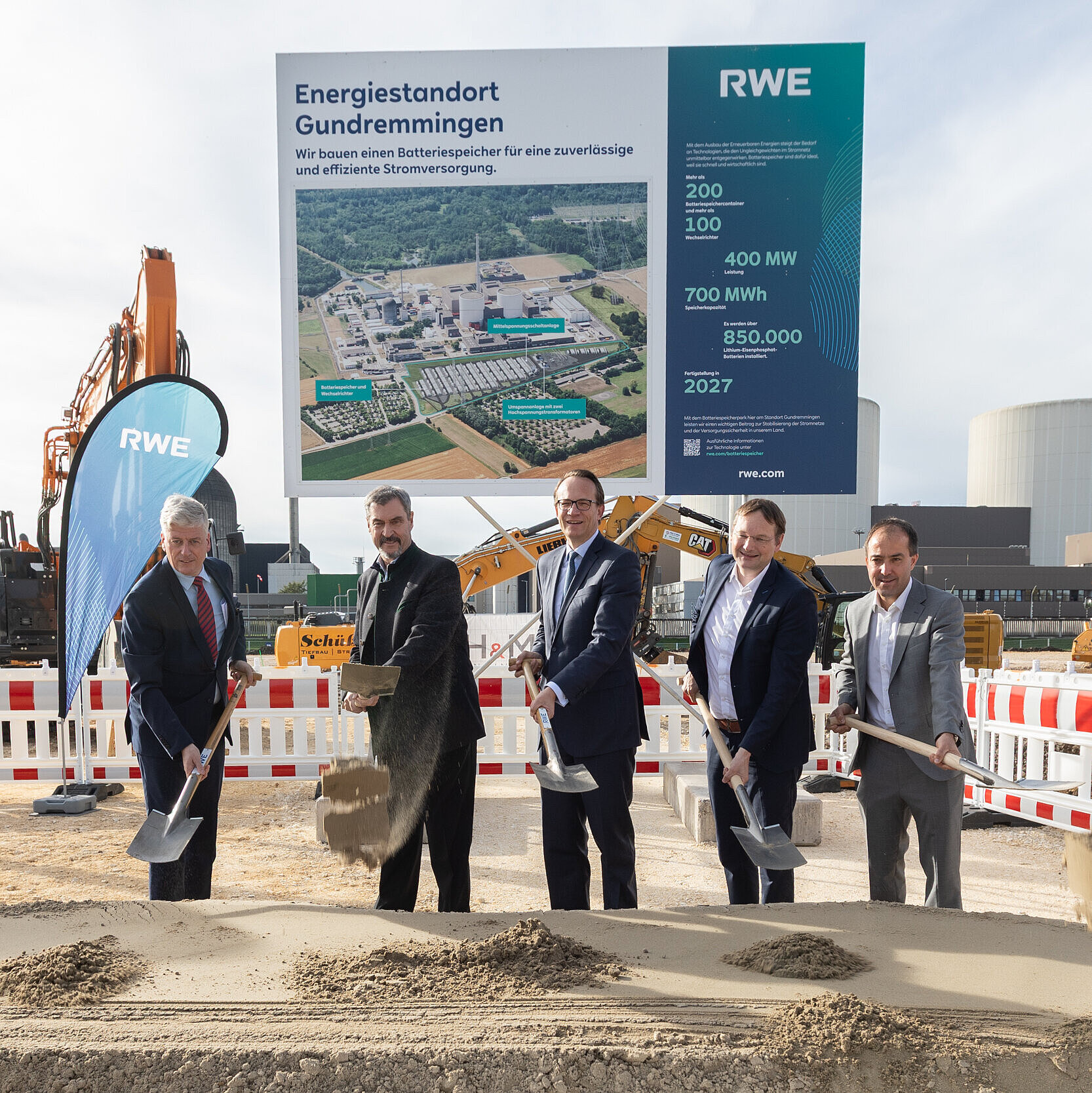Germans fear social consequences of change
08/04/2023
Source: Energy & Management Powernews
91 percent of Germans support the conversion to climate neutrality, according to a survey by the Federal Environment Agency. However, more respondents fear loss of prosperity.
On August 3, the Federal Environment Agency (UBA) presented the latest study on environmental awareness in Germany in a press conference. It is based on surveys from the summer of 2022 and shows that environmental and climate protection continues to be an important issue for the population, said UBA President Dirk Messner at the presentation.
However, with the Russian war of aggression on Ukraine and the failure of Russian gas supplies and inflation, other social challenges are also more in the foreground.
As a key topic, the study commissioned by the German Federal Environment Ministry (BMUV) dealt with the environmentally and climate-friendly restructuring of the German economy: this is supported by a clear majority (91 percent). However, the results also point to widespread concerns that social inequality and social conflicts will increase as a result of ecological economic restructuring. "In the view of those surveyed, the state therefore has an important role to play in making the restructuring socially just," Messner emphasized.
Politics must convey security
The UBA president appealed to all democratic parties in Germany to support the need for economic restructuring and to convey the security that it will be designed in a socially acceptable way. According to the study, the vast majority of Germans (85 percent) already clearly feel the negative consequences of the climate crisis and consider measures for adaptation to be necessary. However, the respondents said it was important for the transformation to be socially acceptable and for particularly affected regions to receive targeted support.
Federal Environment Minister Steffi Lemke (Greens) said, "The past few years show very clearly that weather extremes are increasing - with significant negative effects on the environment, the economy and also on people's health."
- The federal climate adaptation law is intended to create a binding framework for federal, state and local governments for countermeasures for the first time.
- The National Heat Protection Plan, the Water Strategy and the Action Program Natural Climate Protection are three further building blocks to mitigate the negative consequences of the climate crisis for people and the environment, Lemke explained.
Develop climate protection as an economic factor
A socially responsible economic restructuring means, according to Messner, to make the CO2 pricing through a climate money socially or also to create career prospects for people from lower income groups and from structurally weak areas. "We need to make it clearer that sustainable management can become a job machine," he appealed.
The transformation of the economy must move three times faster to achieve climate protection goals, the UBA president urged. "The longer we delay the necessary measures, the more the danger grows that the international competitiveness of the German economy will continue to decline in important future markets, such as electromobility or renewable energies," Messner warned.
The UBA study has been examining how environmental awareness and behavior are developing in Germany every two years since 1996. For this purpose, around 2,000 people were surveyed in the summer of 2022 by means of representative online interviews. The survey was designed and analyzed by the Con Policy Institute and the Institute for Ecological Economy Research (IÖW). The Forsa Institute was commissioned with the fieldwork.
The UBA study on environmental awareness 2023 is available on the Internet.
Author: Susanne Harmsen
You might also be interested in



